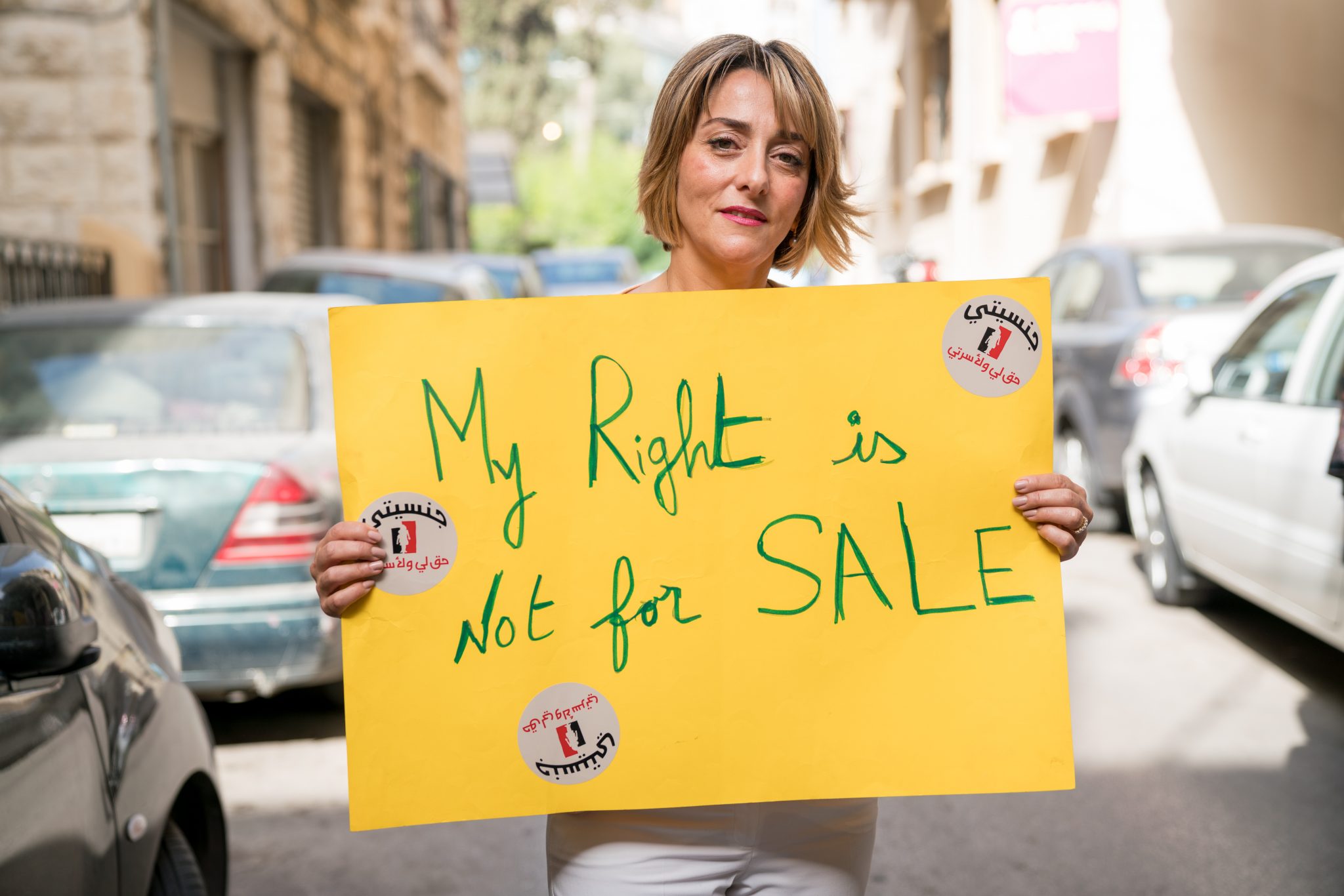Lebanon has historically been known for being relatively liberal when compared to the overall MENA (Middle East and North Africa) region.
It also gained a reputation for a rich cultural scene, hosting a diverse range of traditional, religious and social practices, alongside a diverse ecosystem and desirable weather. In the past few years, the country has become a prime destination for foreigners looking to explore the region and to learn more about it.
But while the mainstream preaches about the beauty of Lebanon, the fact remains that patriarchal social norms dominate societal dynamics, and a culture of impunity and misogyny continues to be prevalent.
While Lebanon has passed Law No. 205 for the criminalization of sexual harassment and the rehabilitation of its victims in 2021, the new law “falls short of international standards by addressing sexual harassment solely as a crime and neglecting prevention, labor law reforms, monitoring and civil remedies”, according to a report by Humans Right Watch (HRW).
Monitoring and effective enforcement remain lacking, with violations widely prevalent. The law also falls short of the Vioelnce and Harassment Convention, “which says that governments should address violence and harassment at work through an inclusive, integrated, and gender-responsive approach,” according to the report by HRW.
Not only so, but several women’s rights groups have expressed disappointment that the approved law had such a limite scope, and largely excluded civil society groups with the discussions surrounding it.
Gender-based violence is rampant and practices such as harassment, abuse and assault are widespread, with the country witnessing the cold-blooded killings of 14 women by their husbands only in 2023.
The National Commission for Lebanese Women reported that they received 86 complaints of domestic violence in the month of August alone.
The daily experiences of women have been filled with a wide range of violations, including but not limited to, being exposed to various forms of harassment such as catcalling (or as it is popularly known, Tolteesh).
Foreign women, on their part, are subject to a range of intersecting discriminatory practices including sexual, linguistic, ethnic and gender-based discrimination.
A Disheartening Experience
“It’s disheartening to face discrimination in a place where I came to broaden my horizons,” explains Mikaela in an interview with Beirut Today (who opted to use a pseudonym to protect her identity).
“I chose Lebanon for its rich culture and world-renowned universities, but the reality is more complex.”
Lebanese social realities are far different from what many attempt to portray. The reputational excellence of Lebanese academic institutions, the widely circulated images of resilient and fun-seeking lifestyles filled with nightclubbing and hiking adventures, and an espoused portrayal of liberalism don’t reflect daily social realities.
Confronting the Perpetrators
Heavy catcalling and harassment are two practices that widely go unpunished in Lebanon. In addition, perpetrators often assume that foreign or foreign-looking women don’t speak Arabic and as such, feel free to catcall and harass them without expecting any sort of backlash or accountability.
This wasn’t the case with Mikaela, however.
“I couldn’t help but confront them. I asked, ‘Is there a problem?’ in Arabic. Their stunned expressions were priceless. It was a powerful moment.”
“Non-Arabic speakers, especially women, face unique challenges,” adds Mikaela. “Sometimes people take advantage of the fact that we can’t communicate effectively.”
Individual confrontations such as Mikaela’s go hand-in-hand with more institutional efforts by feminists and women’s rights groups to stand up to male perpetrators and discriminatory institutions.
These continued efforts represent a refusal of prevalent practices and an assertion of the rights of women to be able to move freely and lead a life free of violation.
An Awareness Issue
Many such practices and their accompanying lack of accountability are promoted through dominant mainstream media, prominent political groups and figures, and community and household actors.
As a result, the very victims of such practices often participate in propagating patriarchal and discriminatory dynamics.
While many actors and institutions across Lebanon contribute to current widespread practices, Mikaela asserts that the issue is not about blaming the country itself for such a state of affairs.
“It’s not about blaming Lebanon; it’s about raising awareness,” explains Mikaela.
Indeed, the country has witnessed the rise of many initiatives shedding a light on harassment and catcalling in Lebanon.
This includes the work of organizations such as KAFA (Enough) Violence and Exploitation and Fe-Male, working towards “a just and safe world for women and girls in all their diversities”. This also includes social media campaigns and initiatives, such as an Instagram page titled Cat Calls of Lebanon which used to publish anonymous experiences of catcalling in the country.
What the different types of movements have highlighted is that the fight for a safer environment for Lebanese and non-Lebanese women is rooted in both policy-level changes and changes on a sociocultural level…and the fight continues.


